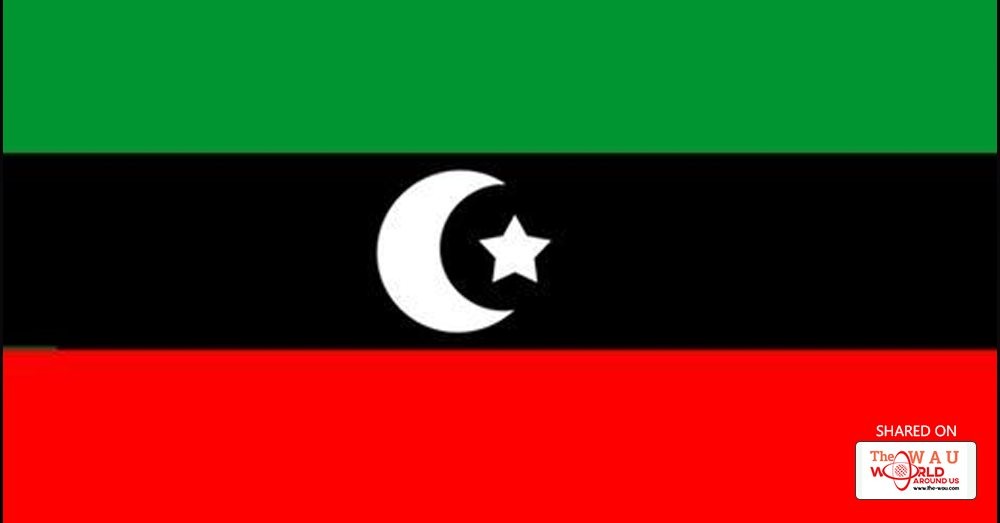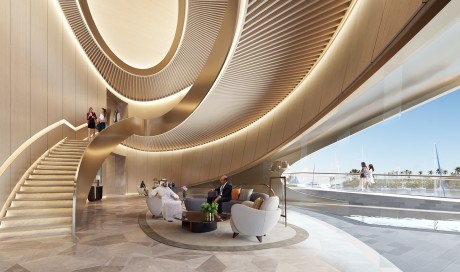Libyan peace talks achieved a breakthrough after two rival leaders, UN-backed Prime Minister Fayez al-Sarraj and Field Marshal Khalifa Haftar who controls Libya's eastern coast committed to a conditional ceasefire.
Mediated by French President Emmanuel Macron, the two leaders agreed to not use force unless employed in counter terrorism and pledged to hold national elections by 2018.
Read all about it here!
What context is this happening in?
Since the NATO-backed ouster of its leader Muammar Gaddafi in 2011, extremist groups including ISIS have strengthened in Libya.
The UN-backed Government of National Accord (GNA) headed by Sarraj has tried to gain support from various factions and unify them under the same umbrella.
Haftar's Libyan National Army (LNA) based in Torbuk, does not recognize GNA and recently liberated the city of Benghazi.
Migrants: Europe's stakes in the Libyan crisis
About 73,000 migrants coming in from Libya's Mediterranean coast have landed in Italy this year forcing Italy to consider closing its ports, as it had become 'saturated'. Under the EU migration declaration made in February 2017, EU states pledged to provide aid to Libya.
What did they agree upon?
Under the ten-point agreement, the rival leaders conceded that the Libyan crisis can only be ended through a political solution and called for all militia to be brought under political control through the national army.
They further committed to a ceasefire and "avoid use of force for any purpose that does not strictly constitute counter-terrorism".
Building rule of law in Libya was also included.
Macron rejoices
Speaking at the end of the talks, Macron noted that "the cause of peace has made great progress today". He further added that the two leaders had displayed 'historic courage' and would become the faces of Libyan reconciliation.
Is there any hope for peace in Libya?
While the accord represents a positive development towards peace, a number of peace accords since 2011 have failed.
Moreover, the success of the accord would depend on Sarraj's ability to persuade militias to lay down arms as well as compliance to the use of force stipulation.
"Militias who are with Sarraj will agree on the ceasefire, but illegitimate militias will not", note political observers.
Share This Post















